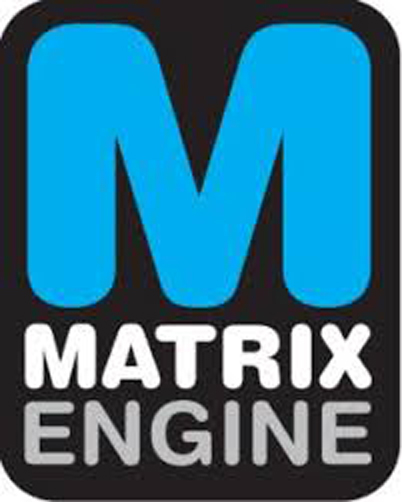
The management involves many skills that every project manager needs to learn in order to be successful..
You can learn a lot from books, training and methodologies for managing projects, but anyone who has had to manage a project scope will realise that the reality often exceeds the theory. According to the studies (Standish Group): only 16% of projects finish on time and on budget!
Within the framework of a CMMS project and after the choice of this type of software, we have to implement the solution
This phase will necessarily require adaptations. Between the reworking of the existing system (never simple because it is an opportunity to review the coding, for example), interfacing with other solutions, setting up processes adapted to the client's needs, customisation according to the users, the good or bad will of the users in the face of changes .... etc., there are many possible drifts.
The drafting of a specification, even if it has the advantage of defining a scope, can leave room for a number of interpretations. It is not always the assurance of a good start of the solution.
Customer needs can change quickly depending on the duration of the project and it is common to have a list of requests that are added along the way depending on the capabilities of the software (not everything is visible during a demonstration). The client expects an application that responds 100%.
It is at this point that things get complicated, depending on the flexibility of the solution. Is it up to the company to adapt its operational processes to comply with the technical constraints of a software package (this is often a competitive advantage for the company), or is it up to the editor to do what is necessary?
.... This is the beginning of negotiations, possible conflicts, arbitrations and of course the question: how much does it cost and who pays?
From experience some questions to ask:
When choosing a CMMS software and functionalities: Which tools are really adaptable, agile by design?
What are the solutions that you can just set up in any case, make evolve without calling upon expensive specific developments?
Some other elements of success (non-exhaustive list):
- The pre-sales phase remains essential: understand the client's needs, define the costing and scope of the project: in short, offer yourself and your clients a defined framework
- Start the project with a validated business proposal.
- Plan the project and manage it with regular progress reviews and systematic reporting validated with the client.
- … etc
Finally, the project manager must be able to stand back! .... You don't fit squares into circles of the same size. It is important to know how to say "NO" in certain cases. This is unlikely to happen if you have opted for a CMMS software that is sufficiently agile and scalable by simple parameterisation.

